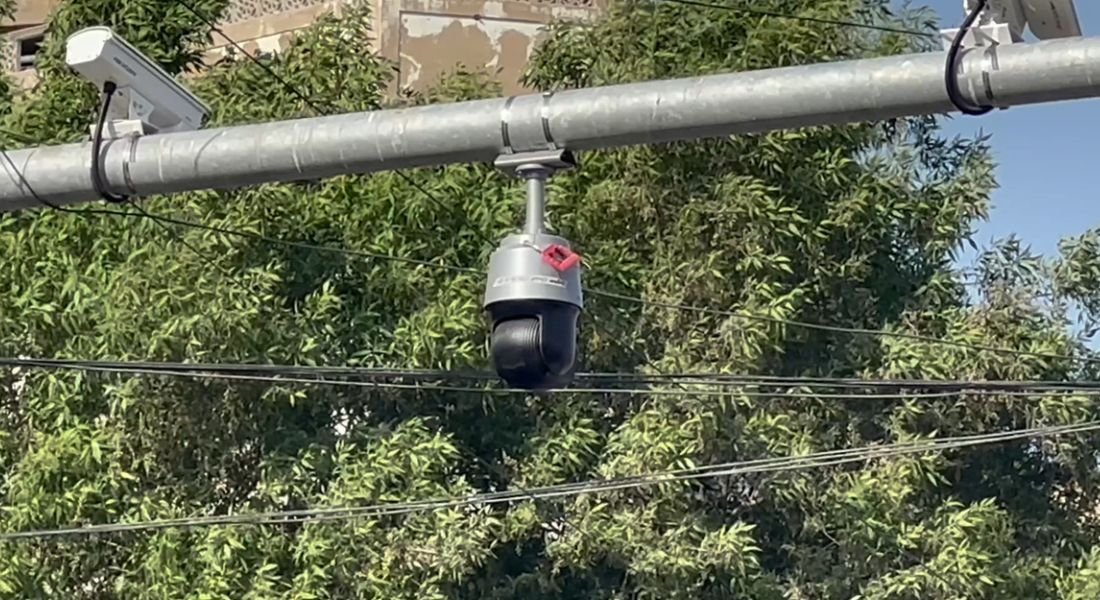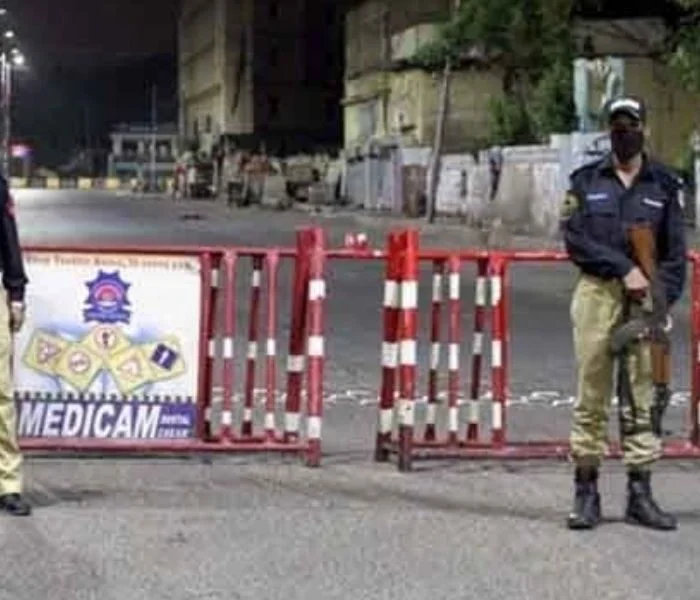In a significant move aimed at decentralizing financial management, the property tax collection in Karachi will now be handled by local government authorities. This decision marks a major shift in the administrative framework of the city and comes following a recent notification issued by the Sindh Excise and Taxation Department.
According to the notification, local government bodies in Karachi will take over the property tax collection duties, which were previously managed by the provincial Excise and Taxation Department. To ensure a smooth transition, a three-month period has been established, during which local authorities will receive the necessary support and training to adapt to their new responsibilities.
This transition phase is crucial, as it will involve the transfer of tax records, integration of systems, and training of personnel within the local bodies. The Sindh government has assured that the provincial Excise and Taxation Department will provide all necessary assistance during this period to ensure that the shift in responsibilities does not disrupt tax collection services.
The restructuring doesn’t stop at Karachi. The notification also mentions that property tax records for Hyderabad’s nine districts will be incorporated into the next phase of the transition. This inclusion reflects the Sindh government’s broader strategy to enhance local governance across the province by gradually transferring fiscal responsibilities to local authorities.
Sindh’s Senior Minister, Sharjeel Memon, commented on the decision, emphasizing that the primary goal of this restructuring is to improve the efficiency and effectiveness of tax collection. “By decentralizing the property tax collection process, we aim to empower local governments, ensuring that they have both the authority and responsibility to manage their own revenues. This will not only enhance local governance but also improve service delivery to the citizens of Karachi,” he stated.
Memon further explained that the move is part of a larger effort to reform the Excise and Taxation Department, making it more focused on its core duties while enabling local bodies to take on a greater role in managing municipal finances. “The efficiency of tax collection directly impacts the resources available for urban development, and we believe that local governments are better positioned to handle these responsibilities, given their proximity to the citizens,” he added.
For the residents of Karachi, this shift could bring about several changes. With local bodies now responsible for tax collection, there is potential for more responsive and localized tax management. Local governments, being closer to the community, might be better equipped to address concerns, streamline processes, and even tailor tax policies to better suit the specific needs of different neighborhoods.
Moreover, this change could lead to improved accountability and transparency in the use of tax revenues. With local governments handling tax collection, residents may have a clearer understanding of how their taxes are being utilized, fostering a stronger connection between tax payments and municipal services.
While the shift presents significant opportunities, it also comes with its set of challenges. Local governments will need to develop the capacity to manage tax records, handle collections efficiently, and address any issues that may arise during the transition. There are concerns about whether local bodies currently possess the necessary infrastructure and expertise to take on such a crucial role effectively.
To mitigate these challenges, the Sindh government has pledged ongoing support and capacity-building initiatives. The success of this transition will largely depend on how well local governments can adapt to their new responsibilities and whether they can maintain or improve the efficiency of property tax collection.











